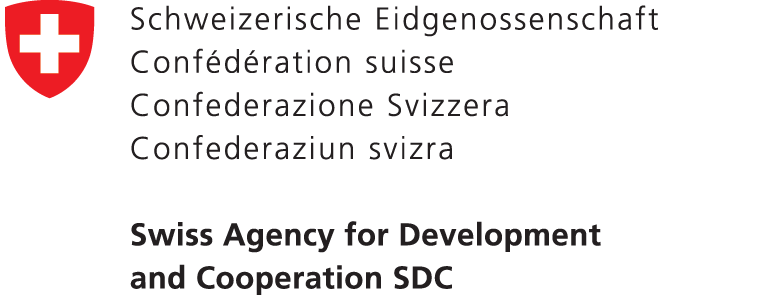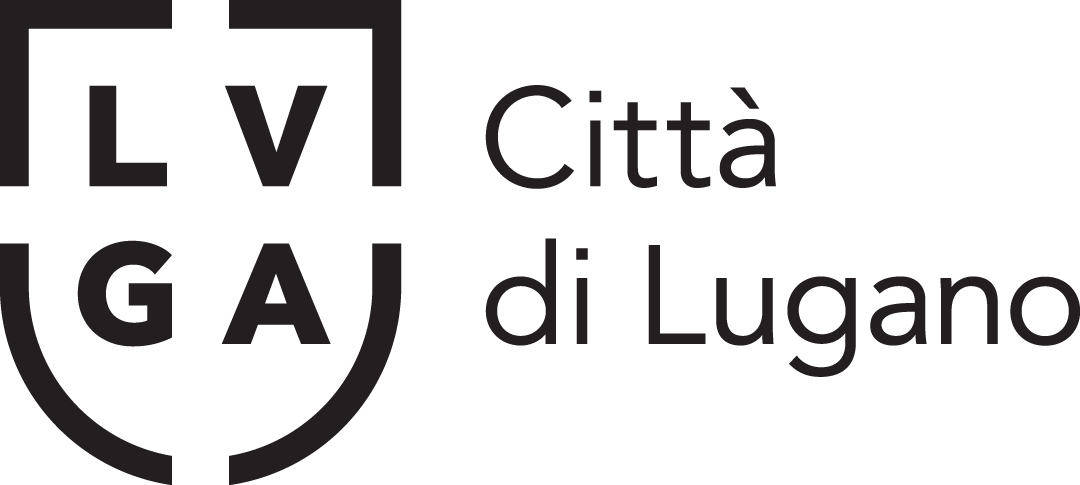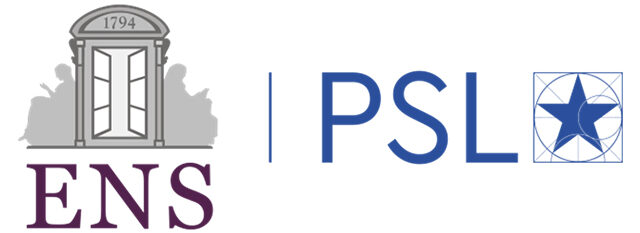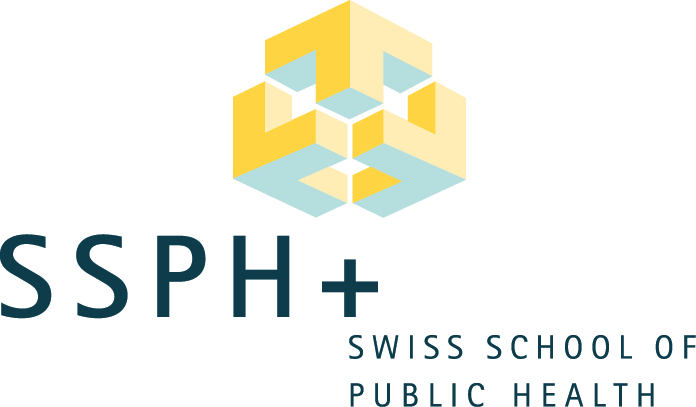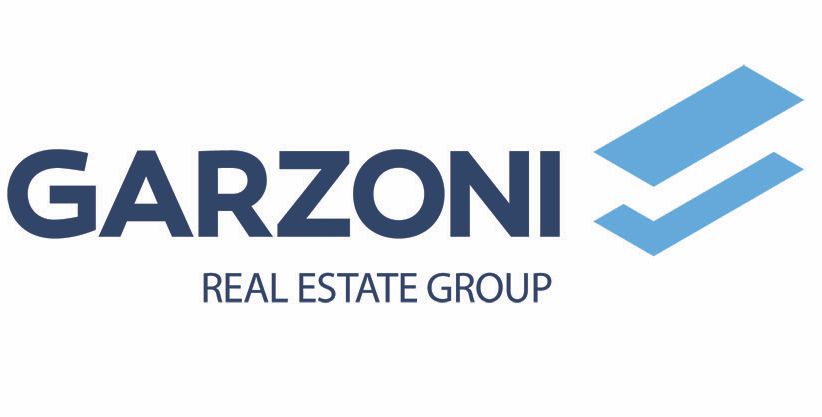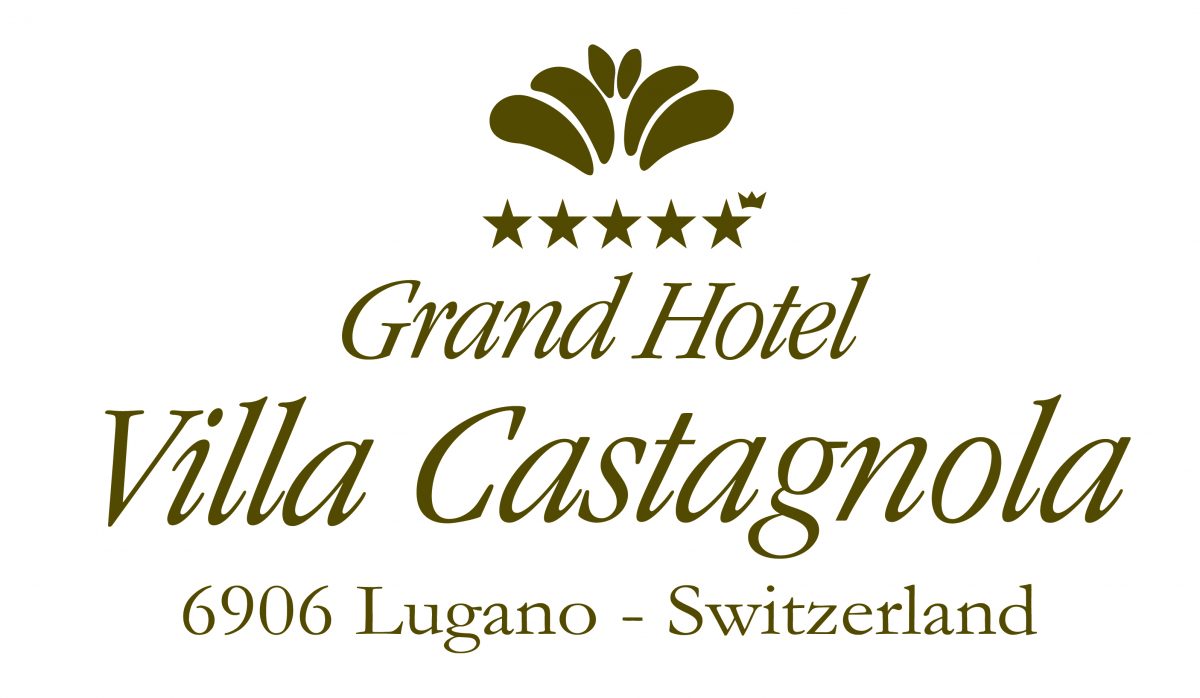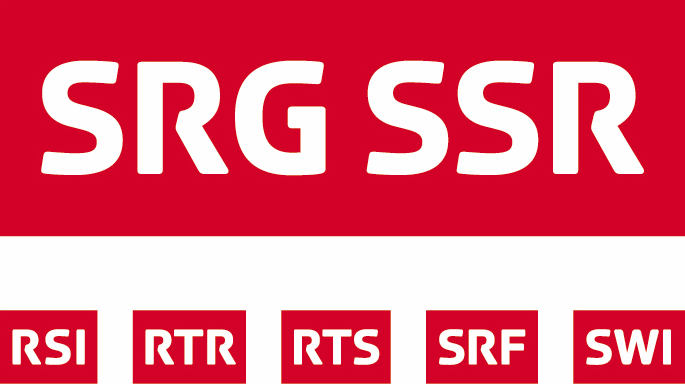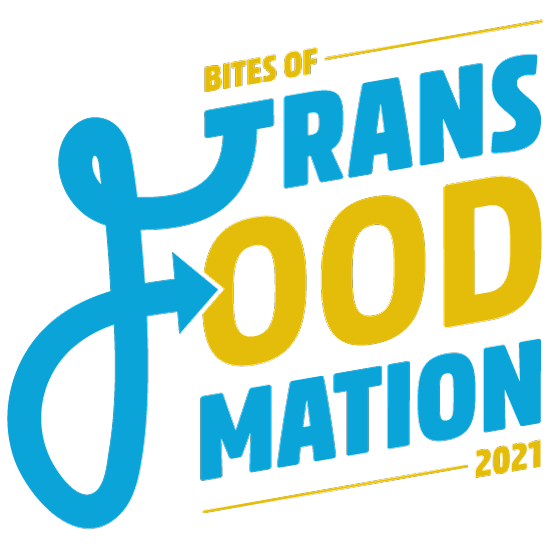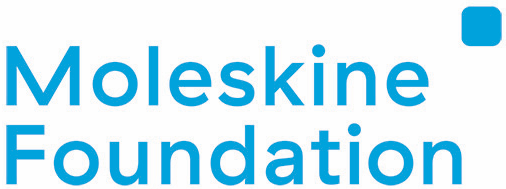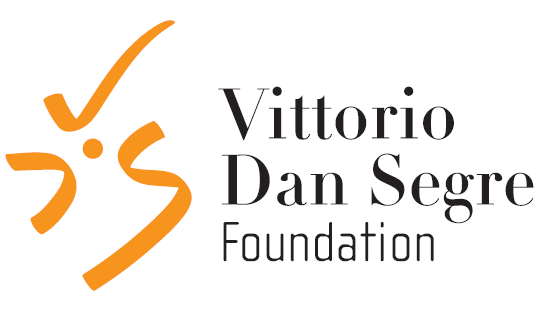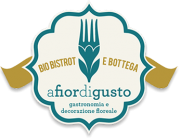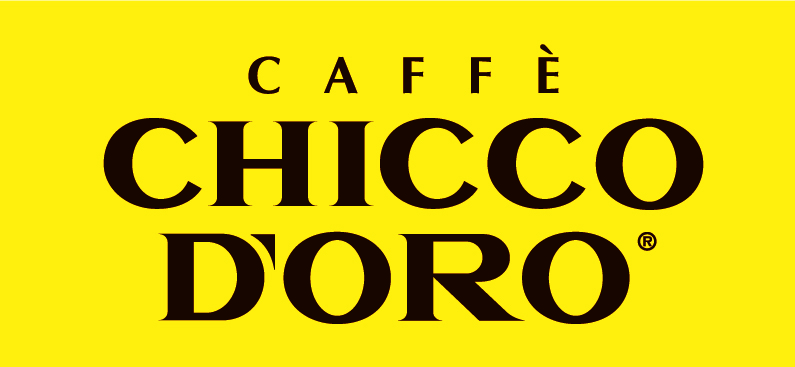MEM Summer Summit 2021
Seminar 2021
Programme
l programma consisteva in una serie di sessioni plenarie e workshop, suddivisi tematicamente in tre stream – “Geopolitics and leadership”, “Good governance, policy making, and citizenship”, “Cultural narratives”.
Programma completo del seminario: MEM_Summer_Summit_2021_Seminar_Programme
Speakers
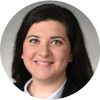
MYRIAM AHMED
Associate Programme Officer (Mediation), swisspeace, Switzerland
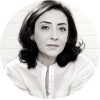
H.R.H. RYM ALI
Royal Film Commission Jordan, Jordan
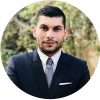
IYAD ALQAISI
Lawyer and co-founder of Justice Clinic, Jordan
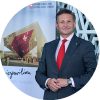
H.E. MASSIMO BAGGI
Ambassador of Switzerland to the United Arab Emirates and Bahrain, Switzerland
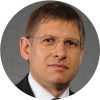
FABRICE BALANCHE
Associate Professor, University of Lyon, France
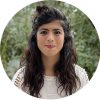
KENZA BENABDERRAZIK
Lecturer and Researcher, Sustainable Agroecosystems (SAE) group, ETH Zürich, Morocco

ELEONORA BENECCHI
Lecturer and Researcher, Institute of Media and Journalism, Università della Svizzera italiana, Italy

TERESA DRACE FRANCIS
Senior Programme Officer for Arts, Sigrid Rausing Trust, England
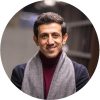
SHIVAN FAZIL
Seminar Facilitator
Researcher, Stockholm International Peace Research Institute, Middle East and North Africa Programme, Iraq

FEDERICA FREDIANI
Ph.D. Senior Researcher, Educational Programme Manager, MEM Freethinking Platform, Università della Svizzera italiana, MEM Summer Summit Project leader, Switzerland

BASSEL GHANDOUR
Film Director, Jordan
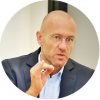
MICHAEL GIBBERT
Professor, Faculty of Communication, Culture and Society, Università della Svizzera italiana, Switzerland

BÉNÉDICTE GODERIAUX
Senior Programme Officer for Human Rights, Sigrid Rausing Trust, France
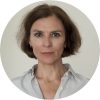
CAROLE GEURTLER
Seminar Facilitator
Independent consultant in sustainable development, cultural and creative economies and media, Switzerland
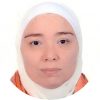
ABIR HAJ IBRAHIM
Co-Founder and Board Member, Modaberoon Network, Syria

RAYAN KASSEM
West Asia Regional Director, Youth4Nature, Lebanon

GILLES KEPEL
Professor, PLS Paris Sciences et Lettres-École normale supérieure, France; Adjunct Professor and Scientific director of the Middle East Mediterranean Freethinking Platform, Università della Svizzera italiana, Switzerland
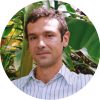
MARTINO LOVATO
Lecturer in Comparative Literature, Mount Holyoke College, Italy

FYRAS MAWAZINI
Seminar Facilitator
Country Director for Morocco and Tunisia, Drosos Foundation, Switzerland
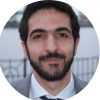
IBRAHIM OLABI
Executive Director and Founder, Syrian Legal Development Programme, Syria
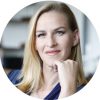
DIANA SEGANTINI
Advisor for Arts, culture, heritage and media, Switzerland

GABRIELE SEGRE
Director of the Vittorio Dan Segre Foundation, Switzerland

JEAN-PATRICK VILLENEUVE
Professor and Director, Institute of Communication and Public Policy, Università della Svizzera italiana, Switzerland
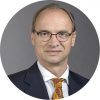
PIO WENNUBST
Permanent Representative, Permanent Mission of Switzerland to the United Nations organisations in Rome, Switzerland
Watch the Forum 2021
MEM Summer Summit Forum 2021
Il Forum in italiano: MEM Summer Summit – Forum 2021 (italiano)
I panels del Forum
Panel 1 – New geopolitical configurations in the MEM region
Turki Al-Faisal, Chairman, King Faisal Center for Research and Islamic Studies, Saudi Arabia
in conversation with
Gilles Kepel, Professor, Università della Svizzera italiana and PSL Paris Sciences et Lettres-École Normale Supérieure, France and Switzerland
Reem Al Otaiba, Young change-maker
Alaa Elaroush, Young change-maker
Chairman: Matteo Legrenzi, Professor, Ca’ Foscari University of Venice, Italy
Panel 2 – The religious sphere in the MEM region
Wasim Salman, Professor, Pontificium Institutum Studiorum Arabicorum et Islamicorum (PISAI), Syria Nayla Tabbara, President of Adyan Foundation, Lebanon
Mario Giro, Sant’Egidio Community, Italy
Hadi Damien, Young change-maker
Chairman: Luca Steinmann, Journalist, Fondazione Federica Spitzer, Faculty of Theology of Lugano, Italy
Panel 3 – Economic development of the region: new harbours and new powers
Giampiero Massolo, President of Fincantieri, President of ISPI, Italy
Pascal Ausseur, Vice-Admiral and General director of Institut Fondation méditerranéenne d’études stratégiques, France
Karim El Aynaoui, Faculté de Gouvernance, Sciences Economiques et Sociales, Policy Center for the New South, Morocco
Inbal Perlman, Young change-maker
Chairman: Luca Fasani, Journalist, RSI Radiotelevisione svizzera, Switzerland
Panel 4 – Rethinking the food systems in the MEM region
Marylaure Crettaz Corredor, Head Global Programme Food Security, Swiss Agency for Development and Cooperation, Switzerland Giorgio Marrapodi, Director General for Development Cooperation, Ministry of Foreign Affairs and International Cooperation, Italy Pio Wennubst, Ambassador, Permanent Mission of Switzerland to the United Nations organisations in Rome, Switzerland
Amin Emadi, Young change-maker
Chairman: Emiliano Albanese, Professor, Università della Svizzera italiana, Switzerland
Conversation on Cinema across borders
Giona Nazzaro, Artistic Director, Film Festival Locarno, Switzerland
Bassel Ghandour, Film Director, Jordan
Forum 2021 Programma
This panel explores the current configurations of the MEM region, in particular the Abraham Accords and the new direction of the Biden administration in the region.
2020 will be remembered as the year of the COVID-19 pandemic and the oil price collapse, and one which witnessed all sorts of unexpected turmoil, reaching from the Middle East Mediterranean region to the European suburbs. Fragmentation occurred in the Israeli-Palestinian conflict. On the one hand, the signing of the Abraham Accords, which include the United States, the United Arab Emirates, Morocco and Sudan, Israel, aggregating Egypt and Saudi Arabia, and with an eye on Iraq. On the other hand, the “Brother-Shia axis” brings together Gaza, Qatar, Turkey, and Iran with the ad-hoc support of Russia. During these seismic upheavals, Beirut exploded and refugees and illegal migrants flocked to Europe; the Turkish president, Erdogan, wants to make Istanbul the global centre of Islam. 2021 is the year that has marked the Pope’s visit to Iraq, the resurgence of the Israeli-Palestinian conflict described by Professor Kepel as “the eleven-day war”, the worsening of the socio-economic crisis in Lebanon, political instability and lack of governance in Tunisia, the withdrawal of the United States from the region and Afghanistan where the Taliban have regained territory and power. 2021 is also a year of recurrences: ten years have passed since the Arab Spring and the conflict in Syria; twenty years since the terrorist attacks of September 11, which radically shattered international relations. How terrorism has changed during these years and where the Middle East Mediterranean region is going are two complex issues that will be addressed during the MEM Summer Summit 2021.
Analytics tools will be provided to analyse the region’s complexity: current configurations will be put into the context of global history, to stimulate a broad reflection on contemporary challenges. This evolving region has, in fact, a significant impact on international dynamics, on Europe and its political structures.
The key-note speech at the MEM Summer Summit 2020 of French President Emanuel Macron was structured around four pillars, including religion. This panel offers an analysis of the fragmentation and pluralisation of the religious sphere, the individualisation of religion and the controversial relationship between religion and politics in the region. The Abraham Accords and the visit of Pope Francis to the UAE in 2019 and to Iraq in 2021 seem to open a space for interfaith dialogue in the region. Could the encounter between different religions and between different ethno-confessional groups be instrumental in overcoming conflicts? Could the encounter between different religions be a valid means to mend the torn Syrian social fabric? Can it foster greater internal stability that contrasts with growing poverty and halt the massive exodus of young people?
Ports such as Ceuta, Tangier, Djen-Djen, Bizerte, Damietta or Port Said are a new generation in the Mediterranean and will surely change the map of transport and economy in the south of this region. The growth of seaports is not enough to adapt to the accelerated rate of economic growth, but new concepts, such as logistic chains, have to be applied to understand the new relationship between peoples, territories, economies and movement of goods. The oil price collapse of 2020 pushed the oil producers to promote an energetic transition towards more sustainable sources. Furthermore, the emergence of new actors in the Mediterranean region has resulted in new economic, military, and ideological power struggles with a change in the region’s patterns of interstate conflict and cooperation.
This panel is organised in partnership with the Swiss Agency for Development and Cooperation and the Permanent Representation of Switzerland at the United Nations in Rome, in continuity with Transfoodmation project. The MENA food system is becoming increasingly more complex. Climate change, population growth, shifts towards urban living and the adoption of Western diets bring mutually reinforcing challenges. The MEM region has one of the highest rates of population growth worldwide and a rapidly growing urban population, with 66% expected to be living in cities by 2030. Food insecurity is one of the main drivers of unrest and conflicts in the MEM region. In addition to that, water scarcity and climate change are common challenges in the region. “The 2021 UN Food Systems Summit” will seek to engage donors and the international development community to transform food systems such that they are inclusive, sustainable, healthy and resilient, and in line with the Sustainable Development Goals.
Conversation between the Artistic Director of the Locarno Film Festival Giona Nazzaro and the Jordanian Film Director Bassel Ghandour on the importance of co-production in cinema and changing narratives in the region. Bassel Ghandour talks about his film “The Alleys” that was premiered during this year’s edition of the Locarno Film Festival.
Relatori 2021

S.E. IGNAZIO CASSIS
Capo del Dipartimento degli affari esteri (DFAE), Svizzera
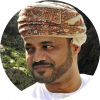
S.E. SAYYID BADR BIN HAMAD BIN HAMOOD AL BUSAIDI
Ministro degli Affari Esteri del Sultanato dell’Oman, Oman
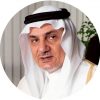
S.A.R. PRINCE TURKI AL FAISAL
Presidente, Centro di ricerca e studi islamici King Faisal, Arabia Saudita
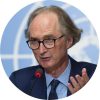
GEIR O. PEDERSEN
L’inviato speciale delle Nazioni Unite per la Siria, Norvegia
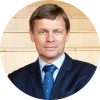
BOAS EREZ
Rettore, Università della Svizzera italiana, Svizzera

GILLES KEPEL
Professore, PLS Paris Sciences et Lettres-École Normale Supérieure, Francia; Università della Svizzera italiana, Svizzera

EMILIANO ALBANESE
Professor, Università della Svizzera italiana; Direttore, Centro Collaboratore dell’OMS per la ricerca e la formazione in salute mentale, Università di Geneva, Svizzera

PASCAL AUSSEUR
Vice Ammiraglio e Direttore Generale dell’Institut Fondation méditerranéenne d’études stratégiques, Francia
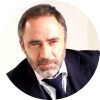
PATRICE BERGAMINI
Vicepresidente, Affari Pubblici e Contratti Governativi Business Development di CMA CGM Group, Francia

MARYLAURE CRETTAZ CORREDOR
Responsabile, Programma globale Sicurezza alimentare, Direzione dello sviluppo e della cooperazione, Svizzera

KARIM EL AYNAOUI
Faculté de Gouvernance, Sciences Economiques et Sociales, Policy Center for the New South, Marocco

BASSEL GHANDOUR
Regista, Jordan
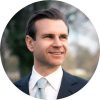
MATTEO LEGRENZI
Professore, Università Ca’ Foscari Venezia, Italia
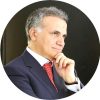
GIORGIO MARRAPODI
Direttore Generale per la Cooperazione allo Sviluppo, Ministero degli Affari Esteri e della Cooperazione Internazionale, Italia
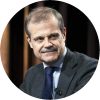
GIAMPIERO MASSOLO
Presidente di ISPI (Istituto per gli Studi di Politica Internazionale), Presidente di Fincantieri, Italia
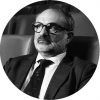
GIONA NAZZARO
Direttore Artistico, Film Festival Locarno, Svizzera

DIANA SEGANTINI
Consulente per Arte, cultura, patrimonio e media, Svizzera
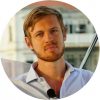
LUCA STEINMANN
Giornalista, Fondazione Federica Spitzer, Facoltà di Teologia di Lugano, Italia

NAYLA TABBARA
Presidente, Adyan Foundation, Libano

PIO WENNUBST
Rappresentante permanente, Missione permanente della Svizzera presso le organizzazioni delle Nazioni Unite a Roma, Svizzera


